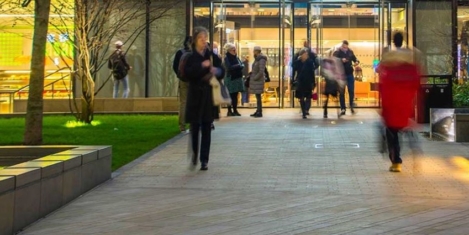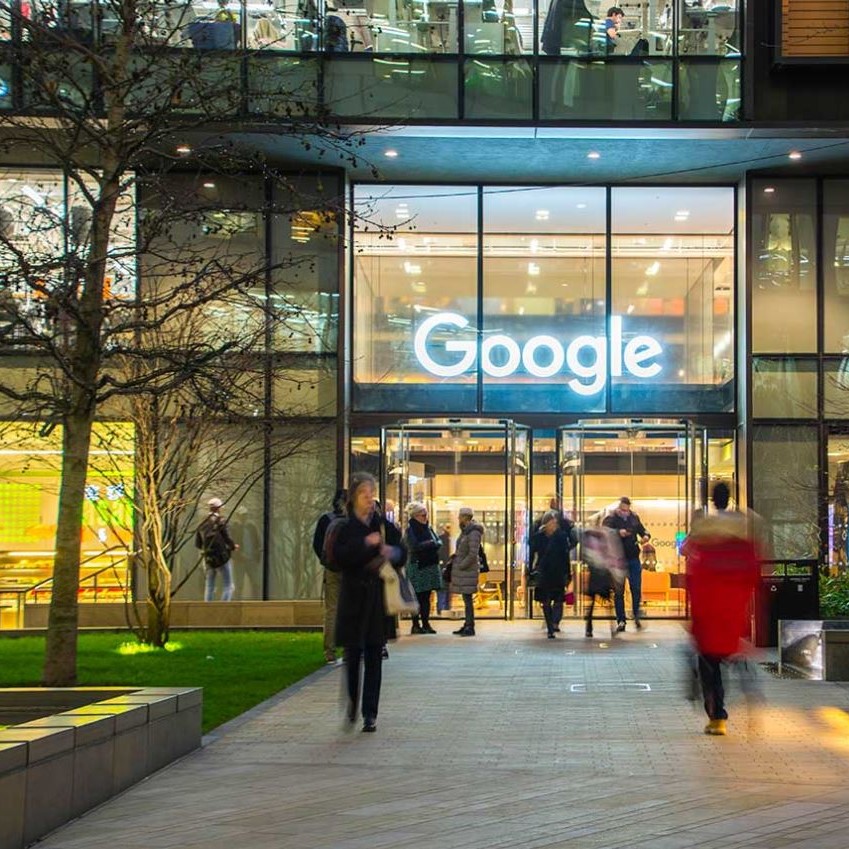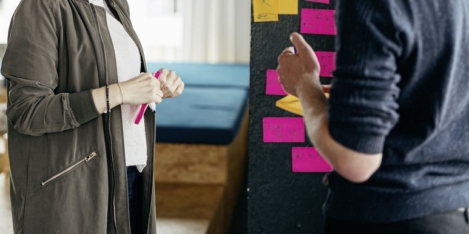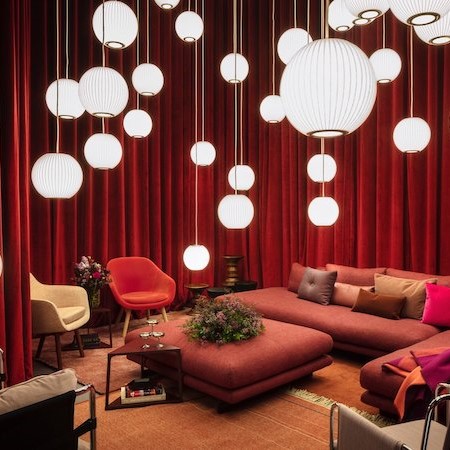To provide the best experiences, we use technologies like cookies to store and/or access device information. Consenting to these technologies will allow us to process data such as browsing behaviour or unique IDs on this site. Not consenting or withdrawing consent, may adversely affect certain features and functions.
The technical storage or access is strictly necessary for the legitimate purpose of enabling the use of a specific service explicitly requested by the subscriber or user, or for the sole purpose of carrying out the transmission of a communication over an electronic communications network.
The technical storage or access is necessary for the legitimate purpose of storing preferences that are not requested by the subscriber or user.
The technical storage or access that is used exclusively for statistical purposes.
The technical storage or access that is used exclusively for anonymous statistical purposes. Without a subpoena, voluntary compliance on the part of your Internet Service Provider, or additional records from a third party, information stored or retrieved for this purpose alone cannot usually be used to identify you.
The technical storage or access is required to create user profiles to send advertising, or to track the user on a website or across several websites for similar marketing purposes.
 While it’s stated full-time working hours in the UK should be around 38-40 hours per week, today’s hyperconnected world means it’s easier than ever to be ‘on the clock’ outside this timeframe. Constant access to emails and the corresponding ‘telepressure’ to respond quickly to customers and colleagues means the line between ‘work time’ and ‘me time’ is blurred. This has led to the coining of a new term for the rising epidemic of stress linked to this need to be connected to work. It’s called work separation anxiety.
While it’s stated full-time working hours in the UK should be around 38-40 hours per week, today’s hyperconnected world means it’s easier than ever to be ‘on the clock’ outside this timeframe. Constant access to emails and the corresponding ‘telepressure’ to respond quickly to customers and colleagues means the line between ‘work time’ and ‘me time’ is blurred. This has led to the coining of a new term for the rising epidemic of stress linked to this need to be connected to work. It’s called work separation anxiety.































July 11, 2019
The scale of the problem for workplace design 0
by Mark Eltringham • Architecture, Comment, Workplace design